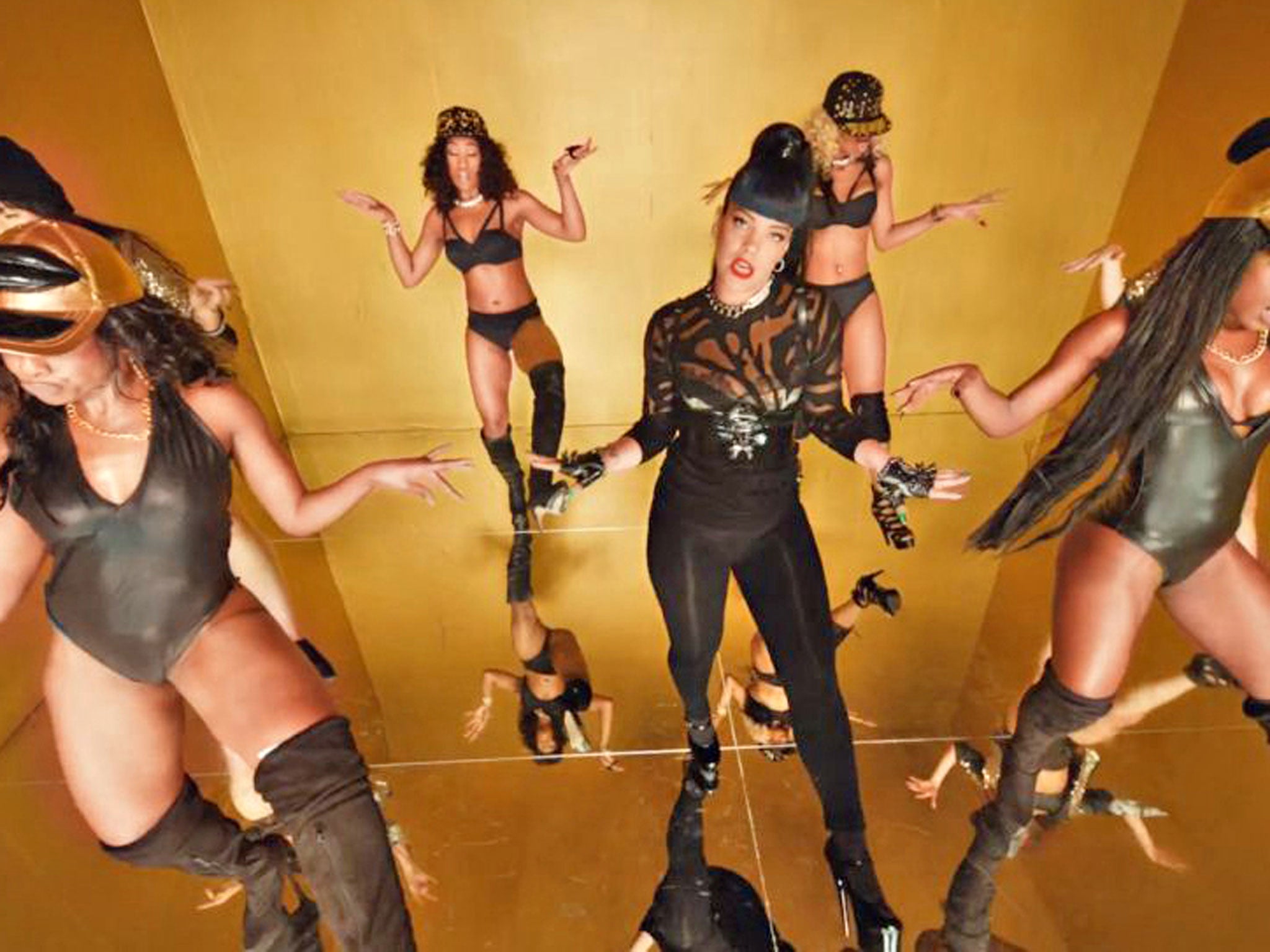Real debate vs striking a pose
There's nothing new in celebrities 'speaking out' about controversial issues. But how, asks Terence Blacker, did their half-formed views start to replace real debate?

Your support helps us to tell the story
From reproductive rights to climate change to Big Tech, The Independent is on the ground when the story is developing. Whether it's investigating the financials of Elon Musk's pro-Trump PAC or producing our latest documentary, 'The A Word', which shines a light on the American women fighting for reproductive rights, we know how important it is to parse out the facts from the messaging.
At such a critical moment in US history, we need reporters on the ground. Your donation allows us to keep sending journalists to speak to both sides of the story.
The Independent is trusted by Americans across the entire political spectrum. And unlike many other quality news outlets, we choose not to lock Americans out of our reporting and analysis with paywalls. We believe quality journalism should be available to everyone, paid for by those who can afford it.
Your support makes all the difference.When, during the 1990s, the great songwriter Randy Newman saw the global success of "We are the World", sung by a line-up of stars of the American rock scene, he decided that he could write a message-song, too.
Newman would find a great universal theme, enrol the help of what he called "the good celebrities", and let his message spread across the world. It never quite worked out because the song – great tune, utterly bleak lyrics – was called "I Want You to Hurt Like I do".
Life has moved on. Today, when a pop star such as Lily Allen is on the comeback trail, she can strike a controversial attitude, upset a few people and reap the benefits. If she happens to put out a mixed message, it hardly matters at all. It gets the airplay, sets toes tapping and, further up the cultural scale, is noticed in all the right places.
Allen's theme is misogyny. "You're not size six and you're not good looking/ Well, you'd better be rich or be real good at cooking," she sings. "Don't need to shake my arse for you 'cause I've got a brain."
The problem has been that, in her promotional video, a lot of arse-shaking takes place by scantily clad black female dancers who are not part of the joke. The video is such a perfect parody of sexual exploitation that it is sexually exploitative itself. There have been objections on the grounds of racism and sexism, and a gratifying amount of publicity, none of which has harmed the single at all.
Today, what matters in the world of entertainment is striking a pose. It is cool to have an opinion. If you are at the forefront of a debate about sexism, capitalism, race or any other issue of the moment, your views will launch a million blogs, tweets and op-ed pieces, all linking very conveniently to your promotional video.
There's nothing new in gabby singers or comedians sounding off, but there is in the seriousness with which their often half-developed views are taken in the grown-up world. Russell Brand has edited the New Statesman for a week. Elton John and Bono have performed the same duty for this newspaper. It would be no great surprise to hear that Allen was to be given a week in charge of the new soaraway Spectator, or to be guest editor for the Today programme during the dog days between Christmas and new year.
In a world where fame is more important than the capacity to argue coherently, a spot of inconsistency – even outright hypocrisy – counts for nothing. Private Eye has pointed out that Brand's bold attack on capitalism – "profit is the most profane word we have" and so on – sits rather oddly beside the promotional video he has done for Hewlett-Packard and his work with the Walt Disney Company.
Nobody cares. So ingrained and unquestioning is our cynicism that double standards are simply taken for granted. If you are famous enough, you are allowed to hunt with the hounds and run with the hare in a way that would be unthinkable in the case of a politician.
For the celebrities, high-profile opinionating helps their image, their PR package. After all, Brand and Allen are more interesting than the vast majority of singers or comedians.
The problem is on the other side. When showbiz games are allowed to replace real debate in the press and on TV, it becomes more difficult for serious, grown-up arguments to be heard.
Join our commenting forum
Join thought-provoking conversations, follow other Independent readers and see their replies
Comments